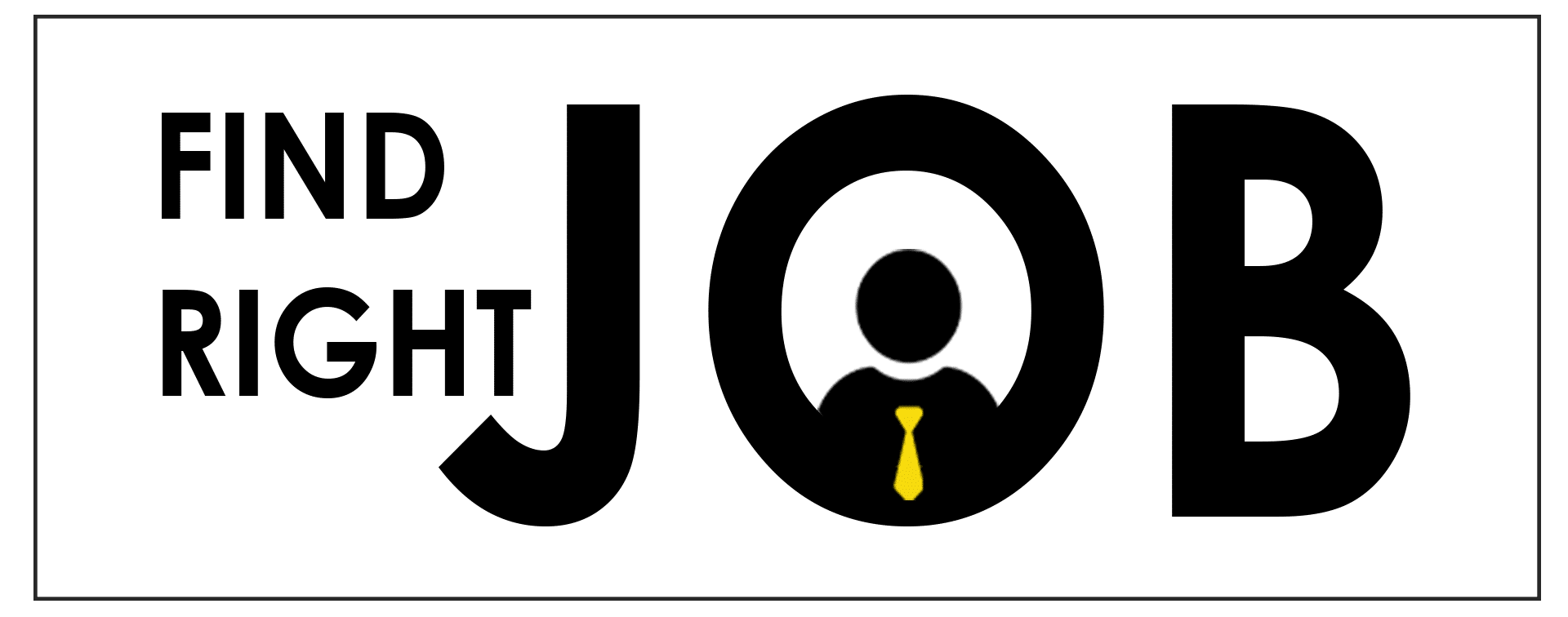In this highly competitive business world, salesforce corporate analyst plays a significant role. Businesses are always on the lookout for people with the ability to see the company’s requirements and look for the right technology that must be applied. A Salesforce Business Analyst Job offers an original chance to ensure that Salesforce installations fit corporate goals and efficiency by working at the point of IT and business strategy. This position needs a deep understanding of the Salesforce platform in addition to solid logical, and problem-solving abilities. If you want to have an important effect on a field that is growing and evolving, a career as a Salesforce Business Analyst might be perfect for you.
Understanding Salesforce’s Business Analyst Role
The work of a Salesforce Business Analyst is important to understand for anyone who is thinking about this career. Business processes reviewing including Salesforce Business Analyst is the responsibility, identifying possibilities for change, and implementing Salesforce solutions that match the company’s objectives. Some of them are between stakeholders and the technical team, ensuring that business requirements are correctly converted into system functionalities. With a strong focus on improving business performance and enhancing customer experiences, those in a Salesforce Business Analyst Job must possess a blend of technical acumen and strategic insight to drive successful Salesforce implementations.
Key Responsibilities for a Salesforce Business Analyst Job
- Work together with business stakeholders to understand their requirements and convert them into specific functional specifications.
- Collaborate with technical groups to create Salesforce solutions that satisfy organizational needs.
- Produce thorough process flow diagrams, user stories, and specifications.
- Set up validation rules, workflows, objects, fields, and other platform features in Salesforce.
- Work together with developers to customize things, such as Visualforce sites, Lightning web components, and Apex code.
- Create test strategies and carry out thorough testing of Salesforce products.
- Verify that solutions satisfy company demands and quality standards.
- Educate end users on Salesforce best practices and functionality through training and support.
- Help with project planning, which includes managing the budget, schedule, and resources.
- Track the development of the project and give stakeholders regular updates.
Essential Skills and Qualifications
Technical and soft skills are needed in equal amounts to succeed as a Salesforce Business Analyst. Essential skills consist of:
- Technical Proficiency: Thorough knowledge of the Salesforce platform, including its best practices for configuration and customization as well as its features and capabilities.
- Analytical Skills: Capacity to analyze data and complex company procedures to find possibilities for improvement and create practical solutions.
- Communication Skills: Excellent written and verbal communication skills to work with stakeholders quickly and explain technical ideas clearly.
- Problem-Solving Skills: The ability to figure out problems and find quick, effective solutions.
- Proficiency in Project Management: Capability to handle multiple tasks and undertakings concurrently, guaranteeing accurate and on-time delivery of results.
Career Path and Opportunities
A SalesForce Business Analyst career is a great doorway to opportunities for growth and professional advancement. For example, professionals in this field can specialize in the following career advancement options:
- Senior Salesforce Business Analyst: More complex projects and leadership roles are accomplished.
- Salesforce Administrator: Focuses on the configuration and management of the SalesForce platform.
- Salesforce Developer: This transition into a more technical role is offered through coding and development responsibilities.
- Salesforce Consultant: An expert is offered to advise and solve a client’s issues across most industries.
Conclusion
The Salesforce Business Analyst Job is a dynamic and impactful role that plays a crucial part in the successful implementation and optimization of Salesforce solutions within an organization.SBAs help companies using Salesforce to meet objectives and drive expansion by knowing their needs, creating workable solutions, and assuring ongoing development. A job as a Salesforce Business Analyst may be very exciting and rewarding for people who have a strong interest in technology and a talent for finding solutions to challenging business problems. A Salesforce Developer course can also help one gain a deeper understanding of the technical components of the platform, which will improve their capacity to create and deploy solid solutions. With this blend of technical know-how and business analysis capacity, people can thrive in the dynamic Salesforce environment and make a big impact on the performance of their organizations.

